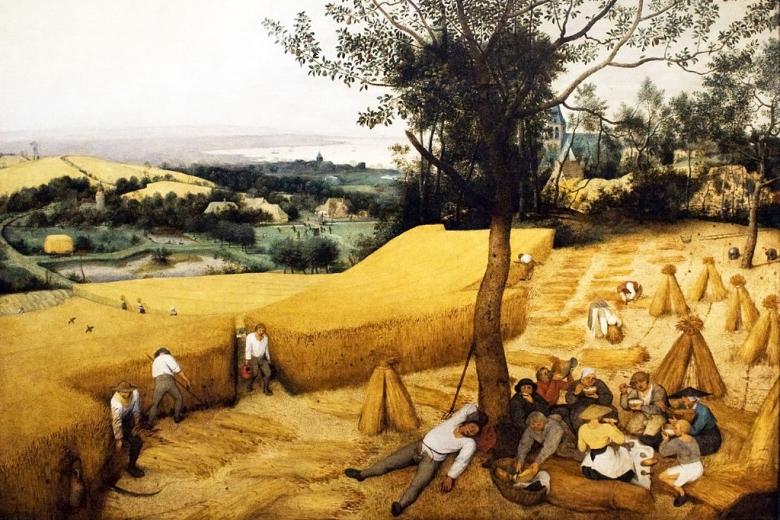Research on Dispute Resolution Clauses by Maryam Salehijam
Call to Participate in a Questionnaire on Dispute Resolution Clauses.

Call to Participate in a Questionnaire on Dispute Resolution Clauses.

An employee seeks an apology from his employer for inadequately handling a complaint against him. A sexual abuse victim pursues an apology from the Catholic Church for the harm that was done by one of the priests. Can individuals claim an apology, and will a court order one?

In this blog I like to inform you about a visit to an interesting event on Law and Technology. The organiser has been striving to open the minds of law students from the University of Pavia and expose them to different views as to how technology can offer solutions for legal problems.

On 9 April 2011 a gunman killed 6 people in a shopping mall in the Dutch town of Alphen aan den Rijn. A group of victims now claims damages from the gunman’s parents, claiming that they should have prevented their son from this horrendous act. The claim will fail: on the facts of the case, there is...

How diverse is Dutch science? According to a majority in the Second Chamber, perhaps not quite diverse. Last week, the Chamber adopted a motion that calls upon the government to clarify whether Dutch university staff is made up too much homogeneous. (Dutch only)

What are the consequences of a possible NEXIT and what are the pros and cons thereof?

Albert Camus famously wrote that ‘life is the sum of all your choices.’ Private lawyers could not agree more. At the core of private law lies the idea that individuals are allowed to know better than the State.

Stichting ConsumentenClaim has announced to start legal proceedings against Dutch Railways on behalf of a passenger. The question that the court will essentially need to answer is whether overcrowdedness in trains resulting in passengers frequently not having seating constitutes a breach of contract...

Announcing the Technolaweeks!

Published on LBM. Here is a fun word that you may have come across recently: Kakistocracy. Based on the Greek word kakistos (meaning “the worst”), kakistocracy is a system of governance run by the least qualified, most “deplorable” citizens that the State has to offer.
